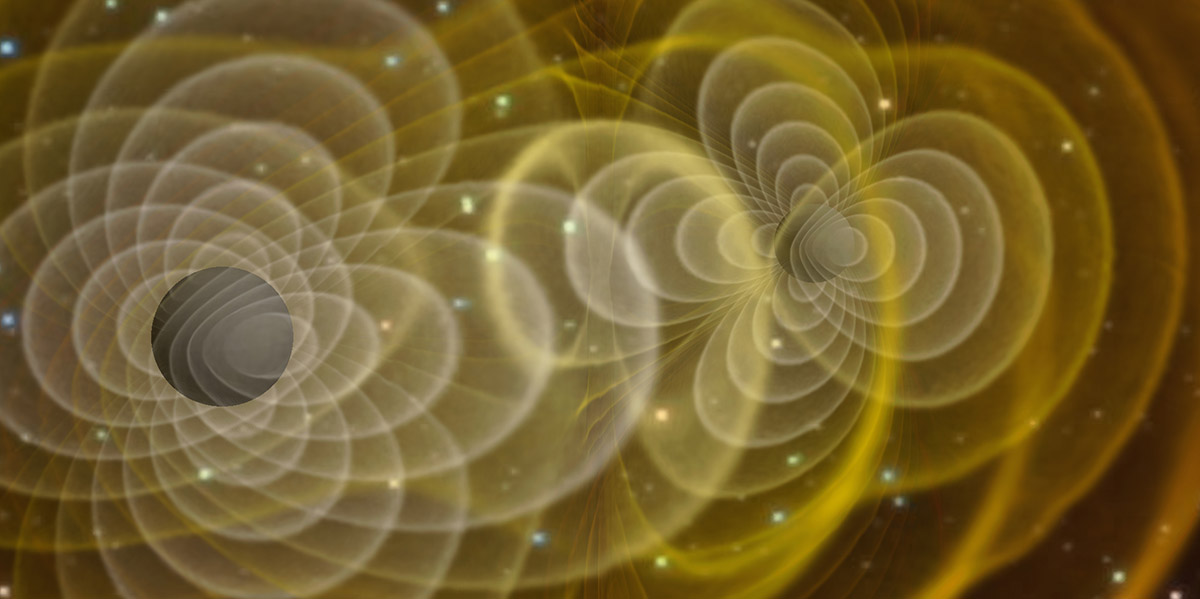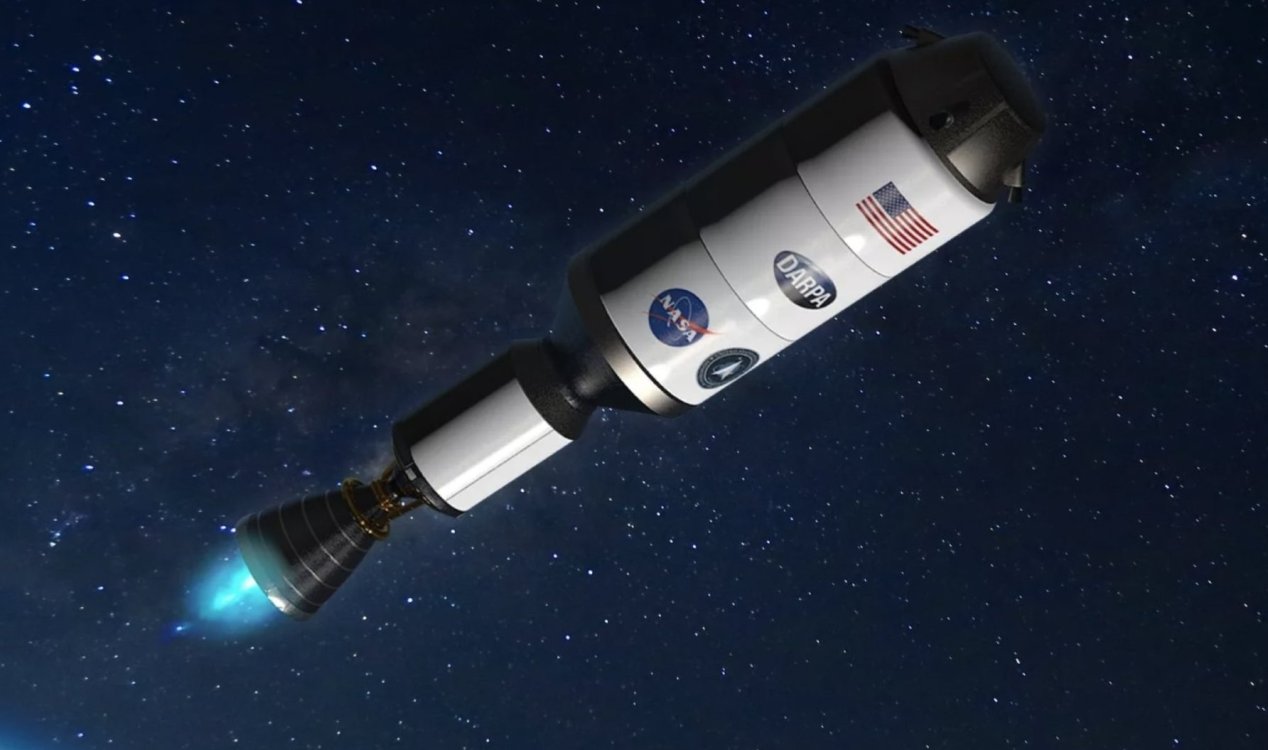Rainer Weiss, Barry Barish and Kip Thorne have won the prestigious physics Nobel Prize this year for their groundbreaking efforts with the Laser Interferometer Gravitational-Wave Observatory (LIGO) experiment
Gravitational waves were originally proposed by Albert Einstein as a consequence of his General Theory Of Relativity, and are a ripple in the fabric of space-time that carry energy across the universe.
Gravitational waves were detected for the first time in 2015 when LIGO discovered the warping of space-time generated by the collision of 2 black holes which were over 1 billion light years from Earth.
Scientists now want to apply the discoveries and data to try and learn more about the Big Bang.
“At some point, not with the detectors we have now, we hope to be able to look at the beginnings of the universe,” said Rainer Weiss, the physicist at MIT who shared Tuesday’s Nobel prize in physics with other members of the Ligo team.
“There are calculations that indicate that the very earliest instants of the universe, right after the universe gets born, there is an enormous amount of background radiation of gravitational waves generated. That would be one of the most fascinating things man could [see] because it will tell you very much how the universe starts.”





